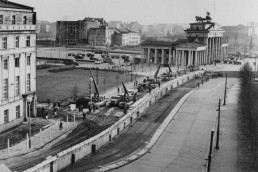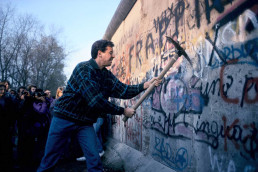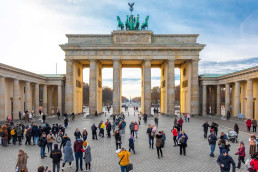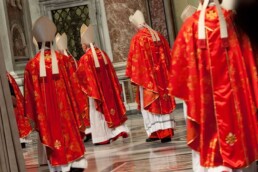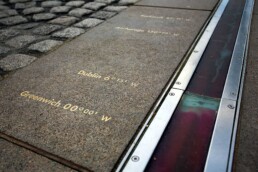As the world awaits Euro 2024, Germany is ready to host this major tournament, welcoming football lovers from all over the world to experience its rich history, lively culture, and intense love for the beautiful game. This tournament is more than simply a sporting event; it is an opportunity to learn about the unique story of a nation that has emerged from division to togetherness, and how Berlin, its city, represents this extraordinary journey.
Following World War II, Germany was divided into two different entities: West Germany (the Federal Republic of Germany) and East Germany (the German Democratic Republic). This separation was caused by political tensions between the Allied countries, primarily the United States and the Soviet Union, which led to the outbreak of the Cold War.
Berlin, the epicentre of this schism, was divided between East and West. The vast contrasts in political ideology and economic conditions between the two sides created considerable conflict. By 1961, the flow of refugees from East to West Germany had turned into a flood, with individuals seeking the freedom and wealth that the West offered. To stem the tide, the East German authorities, with Soviet support, built the Berlin Wall on August 13, 1961. This enormous barrier of concrete and barbed wire physically and ideologically divided not only a city, but also a country and the entire world.
The Berlin Wall became the Cold War’s most powerful emblem, signifying the greater conflict between communism and democracy. Families were torn apart, and the wall served as a constant reminder of the East German regime’s oppressive and controlling policies.
The fall of the Berlin Wall on November 9, 1989, was one of the most significant events of the twentieth century. It was triggered by a number of political upheavals and civil unrest. Throughout the 1980s, East Germany struggled with economic challenges and increased pressure from its populace for greater freedom. The Soviet Union’s liberalisation initiatives under Mikhail Gorbachev undercut the East German government’s commitment.
Mass protests in East German cities, along with the massive outflow of East Germans to neighbouring nations, created an unsustainable situation. On that fateful night, a misinterpretation in a government announcement resulted in border guards unlocking the gates, and hundreds of East Berliners flooded into the West, celebrating their newfound freedom. The fall of the Berlin Wall signalled the end of the East German state and prepared the path for German reunification, which was officially completed on October 3, 1990.
Following reunification, one of the most important considerations facing the new Germany was the choice of its capital. Berlin, with its historical significance and symbolic weight, was an obvious option. But why Berlin, especially considering its position in the former East Germany?
Berlin’s past as Germany’s pre-war capital influenced this decision significantly. Choosing Berlin as the capital was a clear declaration of togetherness and a wish to mend historical divisions. It represented the reunification of the German people after decades of isolation.
Berlin has traditionally been a cultural and intellectual centre. Its museums, universities, and cultural institutions have long attracted researchers, artists, and intellectuals from all over the world. Following reunification, Berlin’s cultural sector has thrived, with the city becoming a hotbed of creativity and innovation, attracting a new generation of artists and entrepreneurs.
Reestablishing Berlin as Germany’s capital also meant restoring it as the country’s political centre. The government’s transfer from Bonn to Berlin in 1999 reinforced this transformation. Today, Berlin is not just the political capital of Germany, but also an economic powerhouse, making substantial contributions to the German and European economies.
As we prepare for Euro 2024, Berlin is back in the spotlight, this time as a lively, united city eager to host a global football festival. The Olympiastadion, a historic stadium dating back to the 1936 Olympics, will serve as a focal point for the event, symbolising the spirit of community and celebration.
Visitors visiting Berlin during Euro 2024 will have the opportunity to discover a city that has emerged from the ashes of division to become a symbol of resilience and unity. They can stroll through the East Side Gallery, where fragments of the Berlin Wall have been converted into a canvas of freedom, and see renowned sights like the Brandenburg Gate and the Reichstag.
Euro 2024 is more than just a sporting event; it is an opportunity to celebrate Germany’s path from division to togetherness, with Berlin at the centre. As football fans from all over the world assemble in this historic city, they will become part of a broader story of healing and hope. Germany’s rich history, dynamic culture, and enduring spirit make it an ideal location for this enormous event. Welcome to Germany, and welcome to Euro 2024!
